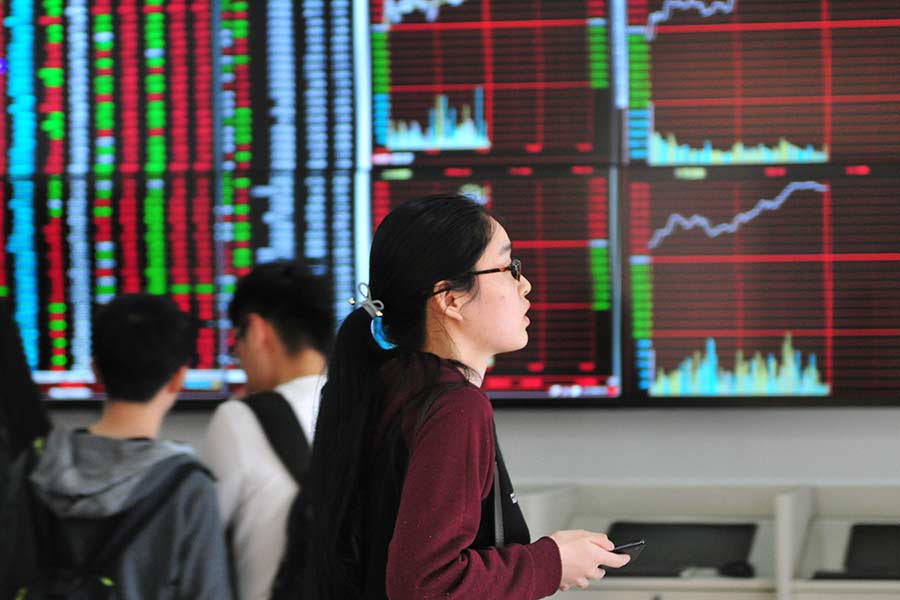China's STAR: A new gold mine for veteran investors


Editor's Note: Trading in shares of the first batch of 25 companies listed on the technology-focused STAR Market of the Shanghai Stock Exchange will officially start on Monday. The following article discusses the implications of the launch of the new board, which analysts say is a milestone event in the development of China's capital market.
For the past few centuries, technology has changed our world. Today, almost no one washes his or her own clothes by hand. We send a real-time video across the Pacific Ocean in seconds. However, technology is not only created by scientists and technicians. Technology is also developed because of efficient capital markets.
Take Silicon Valley as an example. Silicon Valley is one of the world's most prestigious science and technology centers. Its history of growth comes not only from the innovation of new technologies such as personal computer, internet, and online search engine. It also comes from the unique capital structure that binds the personal financial well-being of its scientists and technicians to the business success of its startups.
Without the strong entrepreneurial motivation triggered by this unique and creative capital structure, Silicon Valley might have been as mediocre as silicon itself.
Gap between Chinese tech firms, others elsewhere
While China is now the world's second-largest economy (or the largest economy, if you use the gauge of purchasing power parity GDP), its technology companies are comparatively less influential in the global market.
This is partly because China's per-capita GDP is still below $10,000. A low per-capita GDP usually results in the weakness of sophisticated industries such as technology, pharmaceutical, and asset management. These industries are very hard to build, have high entry barriers, and create high profitability.
As the Chinese government realized a gap separates China's technology companies and the first-tier technology companies in the world, China started the STAR Market on the Shanghai Stock Exchange. It is significantly different from the current main stock market board in a few aspects.
First, it mainly lists high-tech and innovation-oriented companies.
Second, it uses the registration-based initial public offering system, which ensures the efficiency of the market regarding issues like equity evaluation and stock pricing, and removes the intervention from government authorities.
Finally, the new board sets strict entry barriers for investors to ensure only the relatively mature lot among the latter enter it.
Together, the three aspects listed above portray a very clear picture of the STAR Market's design. The market accepts only experienced investors and allows them to make free choices insofar as trading in stocks and depositary receipts of high-tech and innovation-driven companies is concerned.
With a good understanding of the history of high-tech companies, we can easily understand the logic behind this design.
While the most successful technology companies offer their investors returns as unbelievably high as thousandfold gains or even more, the failed companies burn their investors' money to ashes. This is because the technology industry has a few important economic attributes.
The first attribute is the very low level of transportation cost. Transferring an Intel computer chip, or Microsoft Office software, costs practically nothing. This means, the most successful company with the most competitive product can easily take almost all of the market share.
The second attribute is what is called "the network effect". It means once a company successfully gains the leading position in a market, the leading market share itself will bring in more market share. For example, when Taobao became the largest online shopping platform in China, more of its vendors brought in more customers, and the presence of more customers attracted more vendors to the platform. This advantage gained by the winner is unmatched.
The third attribute is the economies of scale. It means larger companies have overwhelming advantage over smaller companies, merely because of their large scale. Larger barber shops have little advantage over smaller ones; larger bespoke tailoring shops have little advantage over smaller tailoring shops; but, with their tens of thousands of programmers, companies such as Tencent and Microsoft have massive advantages over smaller software developers.




































